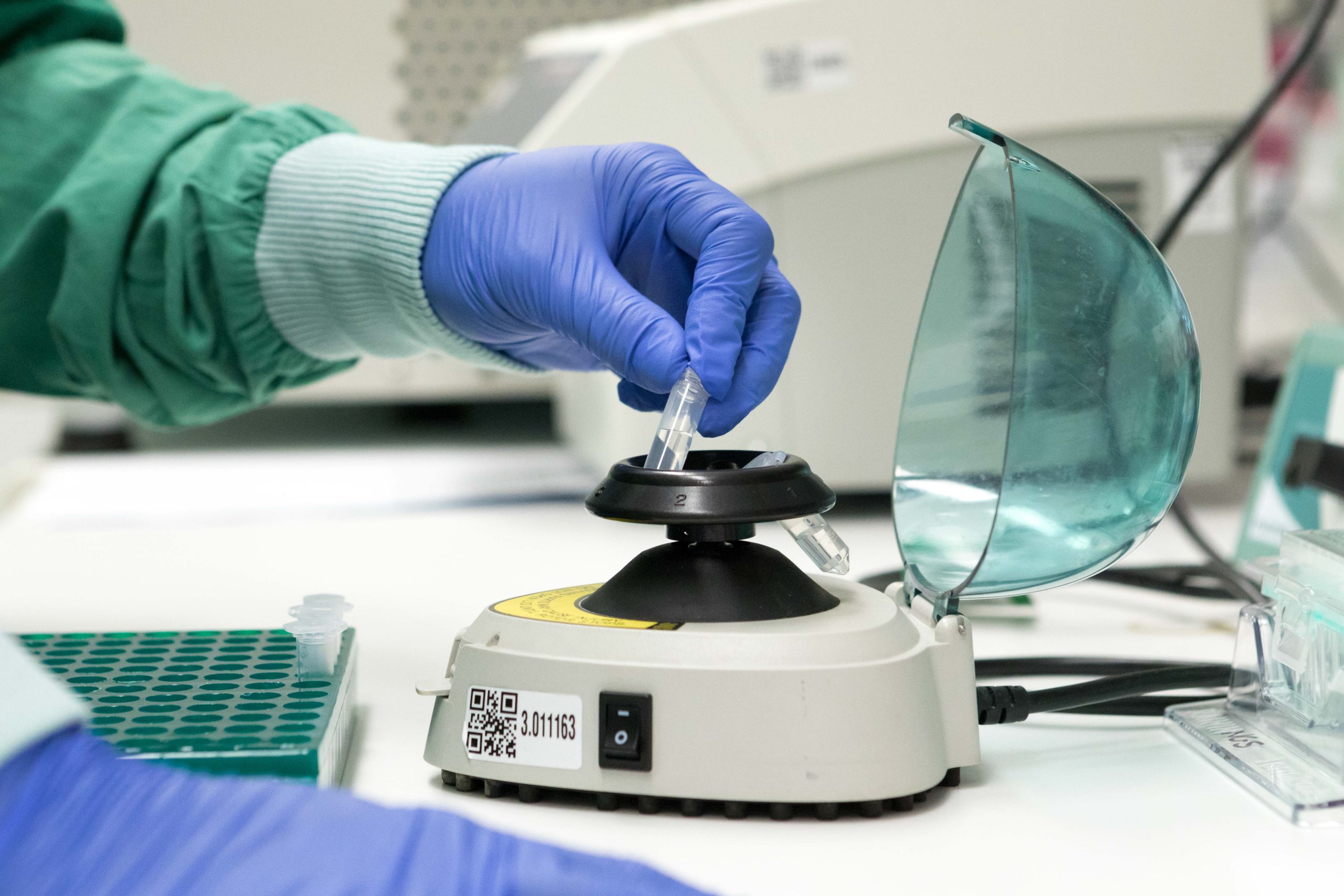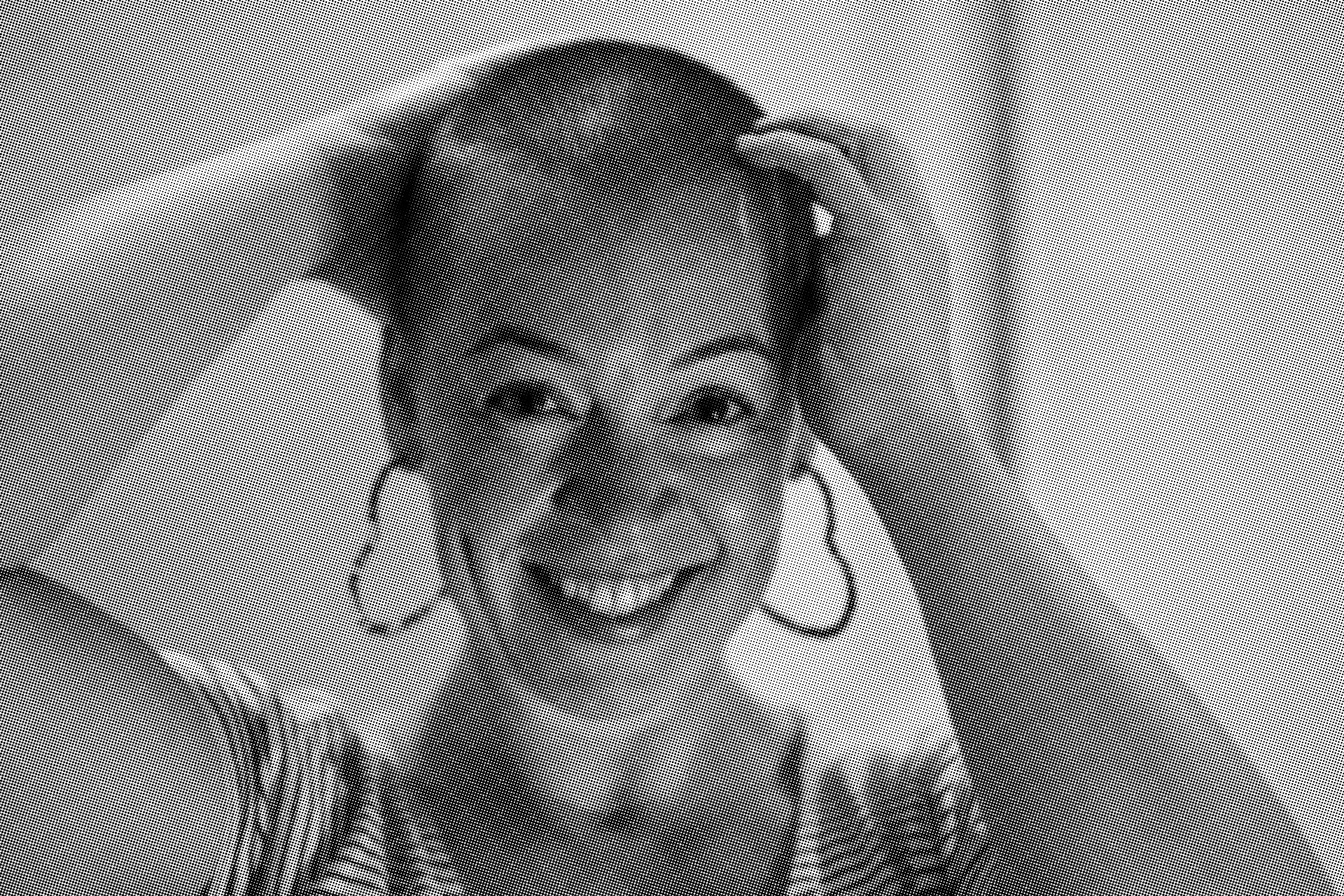The vision of the Snowdome Foundation is to ensure every Australian blood cancer
patient has the best opportunity for a cure, and this starts with a correct diagnosis.
We collaborate with world-leading Australian and international blood cancer researchers
to accelerate new therapies and bring next-generation treatments to patients, faster.
We are the leading not-for-profit organisation focused exclusively on raising funds to
support translational research and clinical trials that will accelerate new treatments
(and cures) to help Australian blood cancer patients live longer, better lives.
Over $53 million has been committed to blood cancer research since 2010.
67 research projects funded enabling over 98 research positions.
Over 6,200 genomic tests completed at the Wilson Centre for Blood Cancer Genomics.
Enabled 1,817 patients to participate in clinical trials supported by Snowdome.
Latest News
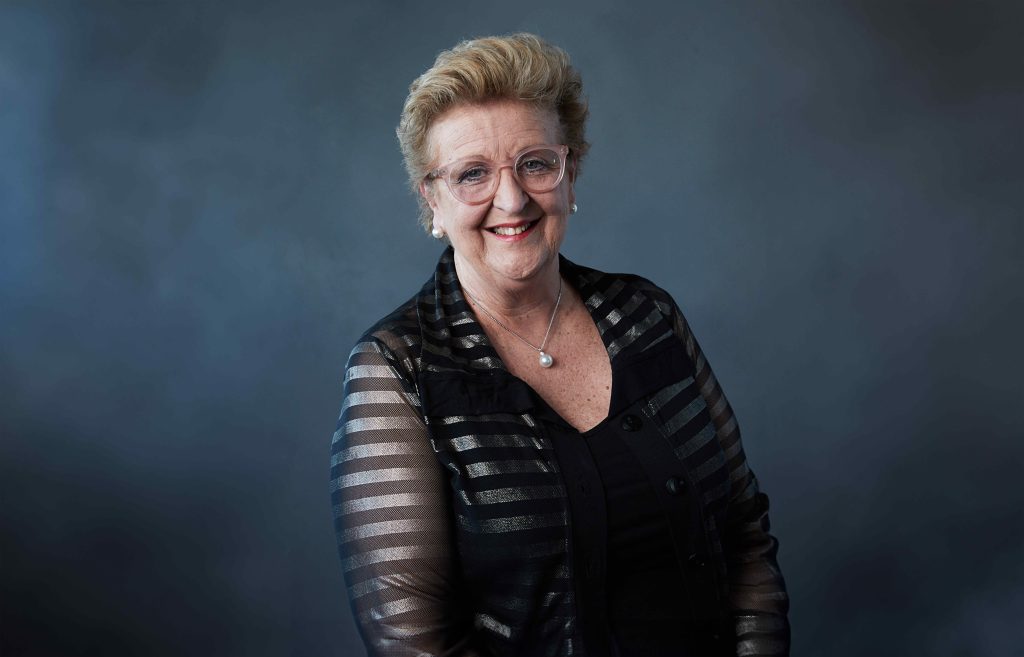
Interview with Helen Buckingham OAM
We recently sat down with Snowdome Board Director, Helen Buckingham OAM, to get her thoughts on the funding of a new immunotherapy treatment for myeloma, and how clinicians and patients can have their say.
Read more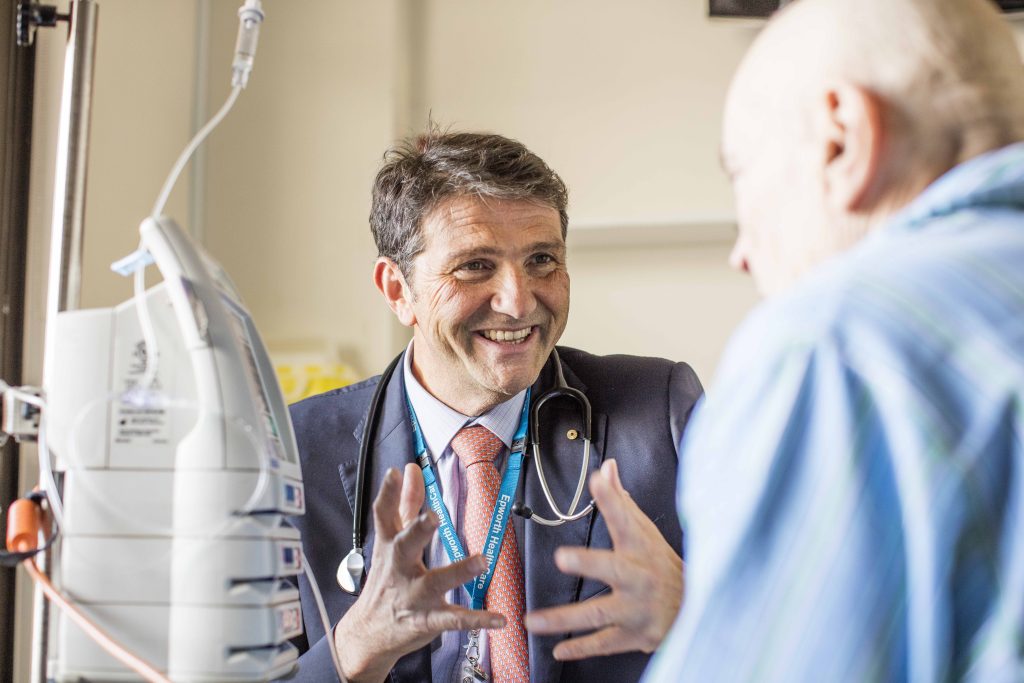
Vital boost to blood cancer treatment
A state of the art, purpose-built laboratory complex in Victoria will provide new hope to Australian blood cancer patients.
Read more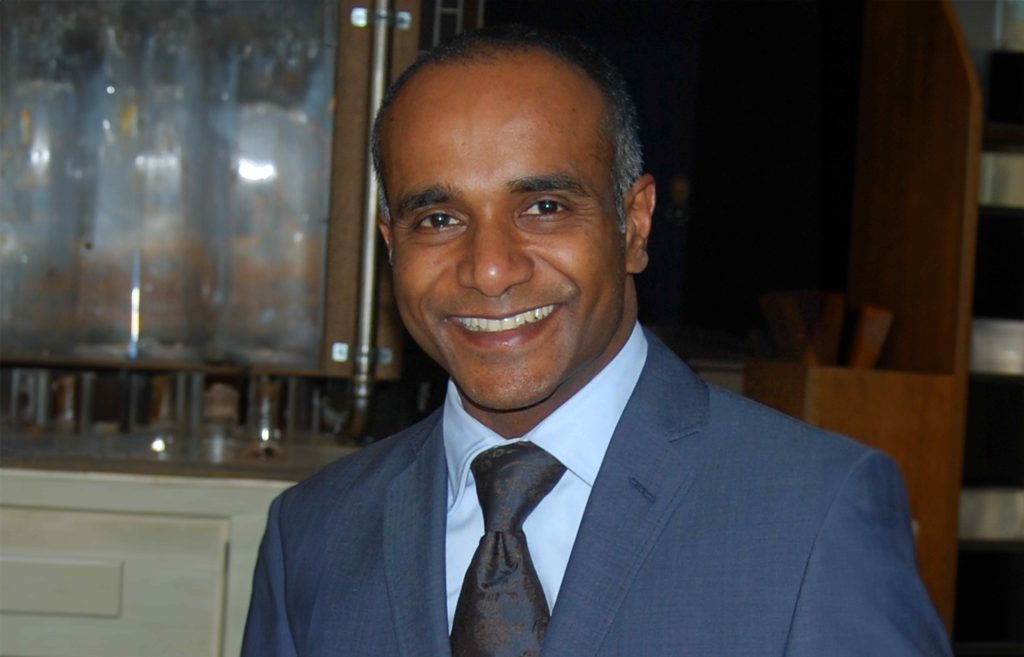
International collaboration to fund breakthrough research to shape the future of precision medicine
Snowdome is incredibly proud to continue our international collaboration with the Leukemia & Lymphoma Society in the USA and the Leukaemia Foundation to fund Australian blood cancer researchers and clinicians.
Read more

